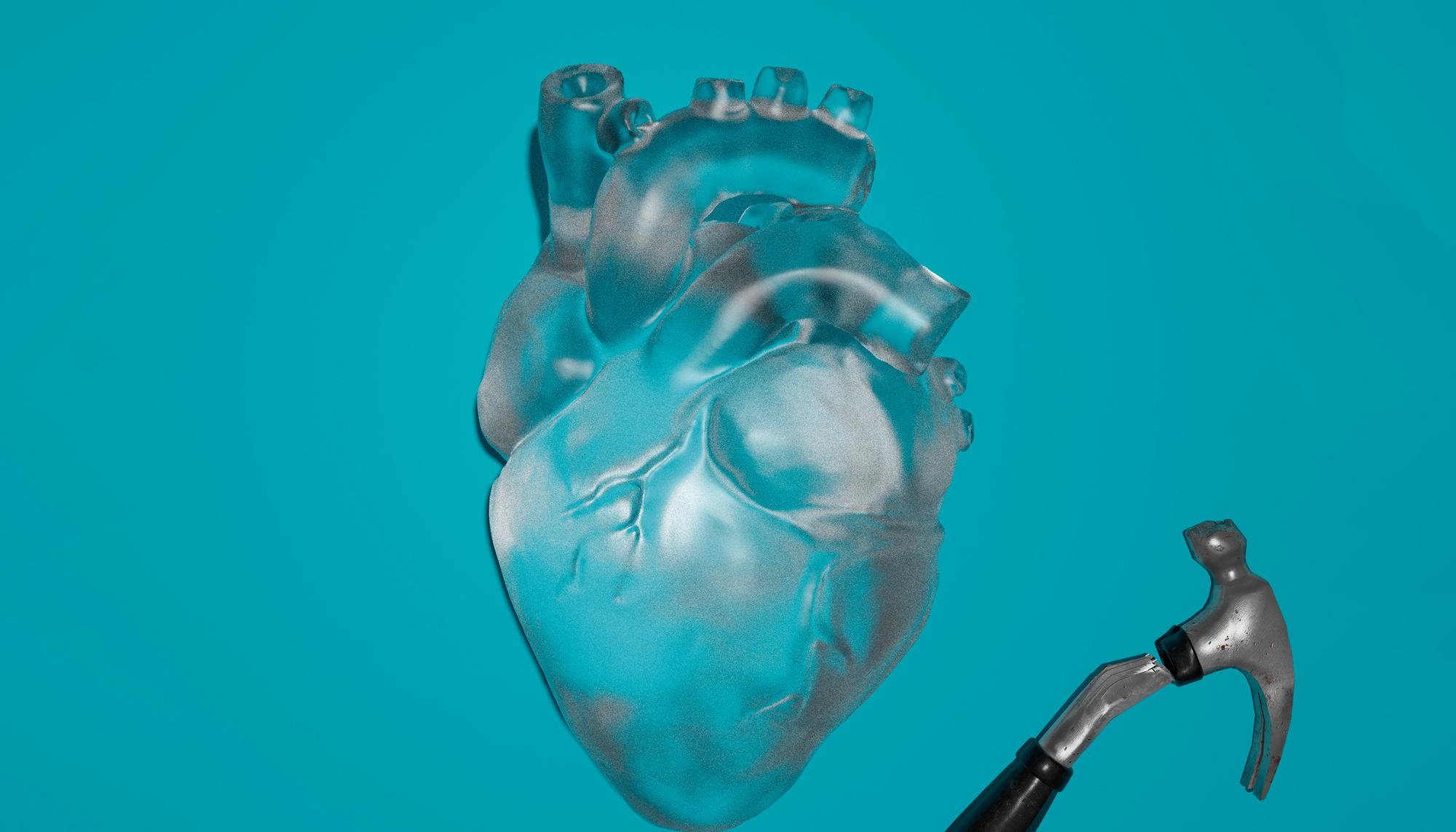Nieves Chinanevada has no problem saying that she suffers from schizophrenia. His exact diagnosis, issued in 2015 when he was 16 years old, is schizoaffective disorder and bipolarity, he likes to specify. “It is important to say it because we must end that stigma. If we are not the ones who do it, society is not going to break it for us,” he tells El Salto. That’s why Nieves is a singer and in her lyrics she talks about mental health. He sings to his pathologies. To the medicalization of their lives. To abuse. “I sing to schizophrenia, I’m not ashamed. The people who generate these prejudices must be ashamed,” he says.
Among the dominant prejudices, that of relating schizophrenia with violence. “It’s funny, when I got my first outbreaks I was afraid of my surroundings, but it was the environment that was afraid of me and I didn’t understand it.” At this point, he asks that people inform themselves and look at the person beyond the pathology. It is key to reflect on the verb “to be”. She is not schizophrenic, she has schizophrenia. “ORA mental pathology does not define a person”he explains.
“I sing to schizophrenia, I’m not ashamed. “The people who generate these prejudices must be ashamed.”
Far from stigmas, Nieves invites you to share reflections to deepen your self-knowledge. “I have had easier and more difficult clinical moments and these have taught me to have knowledge of my pathology and control to seek resources. That’s where self-knowledge, introspection and self-analysis come in,” he says.
New generations that break taboos
The new generations are breaking these taboos. There are already many references on social networks who speak openly about their mental health. And the data confirms it. According to the last Unicef Children and Adolescents Opinion Barometer 2023-2024, e41% of adolescents in Spain say they have had or believe they have had a mental health problem in the last twelve months. That is, four out of ten.
“At the level of stigma, negative beliefs are not widespread among adolescents. Adolescents believe that adults’ perception of mental health is more negative,” they say from Unicef.
The data have a double reading: on the one hand the figures are alarming, and on the other, they show that young people have fewer and fewer problems talking about their mental health, explains Silvia Casanovas, head of child participation at Unicef Spain. “At the level of stigma, negative beliefs are not widespread among adolescents. Adolescents believe that adults’ perception of mental health is more negative,” says Casanovas.
According to this barometer, Although one in four adolescents thinks that people with mental health problems feel ashamed, almost eight in ten say that they would maintain a friendship with someone their age who is visiting a mental health professional and only 16.2% believe that people with mental health problems do not behave as well as the rest of the class.

Alae, 15 years old, a member of the Unicef Spain advisory team who participated in this study, expresses that addressing mental health openly, in addition to reducing prejudices and associated stigmas, “increases the comfort of anyone who suffers from any problem and need help.” “In addition, I defend the idea that addressing mental health from an early age and normalizing this issue prevents more serious future problems. Mental health is an integral part of well-being, so you have to take care of it,” he adds.
The importance of material circumstances
For Nieves Chinanevada, the data on the prevalence of mental health problems among youth are alarming and relates them to material conditions and anguish due to the absence of a clear future for the current generation. “If you have a society with an optimal quality of life, with basic rights covered, the society does not get sick, the society continues well. When housing starts to fail or you can’t make ends meet with your salary, people’s health starts to fail,” he explains.
24.3% of lower-class young people say they frequently suffer from mental health problems, compared to 15.4% of upper-class young people
More data: according to the 2023 Youth, Health and Wellbeing Barometer, 59.3% of young people acknowledge having had some type of mental health problem in the last 12 months. In 2017 this percentage did not reach 22%. This barometer shows that mental health is related to material circumstances: 24.3% of lower-class young people say they frequently suffer from mental health problems, compared to 15.4% of upper-class young people.
“For the boys and girls who were studying for the EVAU during the pandemic, the future represented brutal uncertainty, but this was four years ago,” explains Silvia Cánovas. Beyond the pandemic, “uncertainty with the future remains, the absence of job opportunities is present,” adds the Unicef spokesperson.
